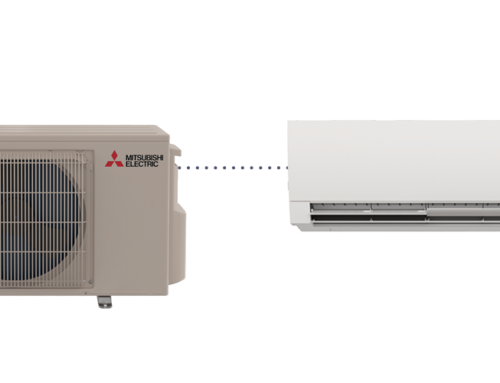In an era marked by a growing emphasis on sustainability and energy efficiency, heat pumps have emerged as a key technology in the realm of home heating, offering a sustainable and eco-friendly alternative to traditional heating systems. Their ability to harness renewable energy sources and operate with minimal environmental impact positions heat pumps as a cornerstone of sustainable home heating solutions. This article delves into the pivotal role of heat pumps in fostering sustainable home heating, examining their environmental benefits, energy efficiency, and contribution to reducing carbon footprints. By exploring the multifaceted aspects of heat pump technology, we can gain insights into their significance in promoting sustainable practices and creating environmentally conscious homes for a greener and more sustainable future.
Harnessing Renewable Energy Sources:
One of the primary roles of heat pumps in sustainable home heating is their capacity to harness renewable energy sources, such as the air, ground, or water, to provide heating and cooling functions. By leveraging ambient energy from these renewable sources, heat pumps can operate with minimal reliance on non-renewable energy, reducing carbon emissions and minimizing the overall environmental impact of home heating systems. The utilization of renewable energy aligns with sustainable energy practices and contributes to a more eco-friendly approach to residential heating, fostering a greener and more sustainable living environment for homeowners and communities.
Energy Efficiency and Conservation:
The energy efficiency of heat pumps plays a pivotal role in sustainable home heating, as it directly impacts energy conservation and the reduction of overall energy consumption. Heat pumps operate by transferring heat rather than generating it, resulting in significant energy savings and reduced reliance on conventional heating methods that consume non-renewable energy sources. By maximizing energy efficiency and minimizing energy wastage, heat pumps contribute to sustainable energy practices, promoting responsible energy consumption and fostering a more sustainable and environmentally conscious approach to home heating.
Carbon Footprint Reduction:
The role of heat pumps in sustainable home heating extends to their contribution to reducing carbon footprints and mitigating the environmental impact of residential heating systems. By minimizing the use of fossil fuels and reducing greenhouse gas emissions, heat pumps facilitate a more sustainable and eco-friendly heating solution that aligns with global efforts to combat climate change and promote environmental conservation. The reduction of carbon footprints through the adoption of heat pump technology demonstrates a commitment to sustainable living and environmental stewardship, positioning heat pumps as an integral component of eco-conscious home heating practices.
Environmental Stewardship and Conservation:
Heat pumps actively promote environmental stewardship and conservation by minimizing the environmental impact of home heating systems and fostering sustainable energy practices. Their use of renewable energy sources, coupled with energy-efficient operations, contributes to a more sustainable living environment that prioritizes environmental conservation and responsible energy consumption. By integrating heat pumps into residential heating systems, homeowners can actively participate in sustainable energy initiatives and contribute to creating environmentally conscious homes that emphasize energy efficiency, carbon footprint reduction, and overall environmental sustainability.
Promoting Sustainable Lifestyle Choices:
Beyond their functional benefits, heat pumps play a vital role in promoting sustainable lifestyle choices and encouraging homeowners to adopt eco-friendly practices in their daily lives. By incorporating sustainable home heating solutions, individuals can contribute to a more sustainable future and advocate for responsible energy consumption, environmental conservation, and climate change mitigation. The adoption of heat pump technology reflects a commitment to sustainable living and underscores the importance of incorporating eco-friendly practices into residential heating systems, fostering a more environmentally conscious and sustainable lifestyle for homeowners and communities alike.
Conclusion:
The exploration of the role of heat pumps in sustainable home heating underscores their significance in promoting environmental sustainability, energy efficiency, and eco-friendly living practices. By harnessing renewable energy sources, maximizing energy efficiency, reducing carbon footprints, and fostering environmental stewardship, heat pumps emerge as a cornerstone of sustainable home heating solutions that prioritize responsible energy consumption and contribute to a more sustainable and eco-friendly living environment. As homeowners increasingly prioritize sustainability and energy efficiency, heat pumps serve as a fundamental technology that embodies the principles of environmental conservation, fostering a greener and more sustainable future for residential communities and the planet as a whole.







Leave A Comment